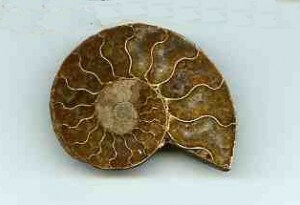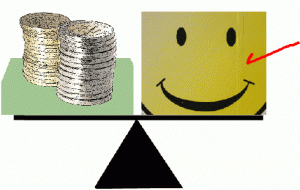 # 6 – Dec 13 , 2010 – Persistence Quotes Book
# 6 – Dec 13 , 2010 – Persistence Quotes Book
A few days ago I released a new free ebook entitled:
” Famous Collect of Quotes on The first Wonder Of Your Inner World: PERSISTENCE”
In this book I have about 50 pages of quotes each one with a matching photo. So far I’ve received requests for the book from at least 13 different countries.
It’s interesting that a subject like persistence has such a wide appeal to so many. But, in a way, I’m not too surprised. Persistence, as I like to explain it is not just another idea. It’s a drive that can be experienced by all humans no matter where in the world they may be.
But what more can we say about this mysterious drive we call persistence?
I’ve tried to answer that question in the introduction pages of this new book.
Here’s what I said:
There’s one thing about persistence that we’ve all been told from day one: If you use it you will eventually overcome all obstacles and you will accomplish what you have set out to do.
Sounds good right?
Of course it does. But how can we even begin to apply advice like that unless we understand what it is that were talking about? Exactly what is persistence anyway ?
First, let’s take a look at it in Dictionary.com:
[per-sis-tuh ns, -zis-]
noun
1. the act or fact of persisting.
2. the quality of being persistent :
You have persistence, I’ll say that for you.
3. continued existence or occurrence:
the persistence of smallpox.
4. the continuance of an effect after its cause is removed.
Hmm. Fine literary definition but not all that helpful an answer to our question is it? Could it be that they don’t know exactly what it is either?
I’ve been looking at this question for almost thirty years now and, while I’m not going to launch into a full scale lecture here, let me just give you my bare bones version of my answer.
Persistence is an ethereal drive that is centered in an area of the body that used to be known as the solar plexus. (But that’s just an old boxing term. All that’s changed since the discovery of the enteric nervous system or brain in the gut.)
It acts spontaneously to support our direct consistent action while by-passing our tendency for extensive analysis and allowing clear thinking and observation to naturally happen.
In other words when our persistence kicks in it is felt as a motivation from deep inside of us.
Unfortunately, most of us can’t just turn it on every time we need to and it can’t be taught in school. If it could there would be universities dedicated to it. Graduates would be trained to be persistent in all things such as love for others, kindness, and generosity. A gut-based drive like persistence can’t be generated from a head brain based thought or idea.
What we do know about persistence is that it appears to be the causal backbone of all human achievement. It is an amazing natural phenomenon. In fact I propose that it should be listed as the first wonder of your inner-world because, when you think about it, how could any of the other seven wonders ever get built without it?
That’s what I wrote.
Now I have something fantastic to tell you:
Over the years I have been working on a new tool that you can use right from your web-connected computer. It uses a reverse-search method to help you gain authentic self-belief, rock-solid self-confidence, and a mindset that knows your capability to overcome challenges. This is all a result of you isolating the true source of your past history of success.
This work can consist of simple stories where you broke through a barrier of some kind and it benefited you or others.
I call it H.E.R.O. It’s an acronym for Honest Examination of Real Occurrences.
It may not be for everyone but it might be for you.
What it does is form a connection between you and that gut strength that is your persistent nature.
You can learn more about it at here.
I hope that you’ll take a moment look into how this works to help you become more of what you’re meant to be.
When you are able to more fully apprehend the drive that is persistence, and have its strength become more available when you most need it, perhaps then you might find yourself creating unforgettable wonders of your own.
More power to you my friend.

David W. Parsons





